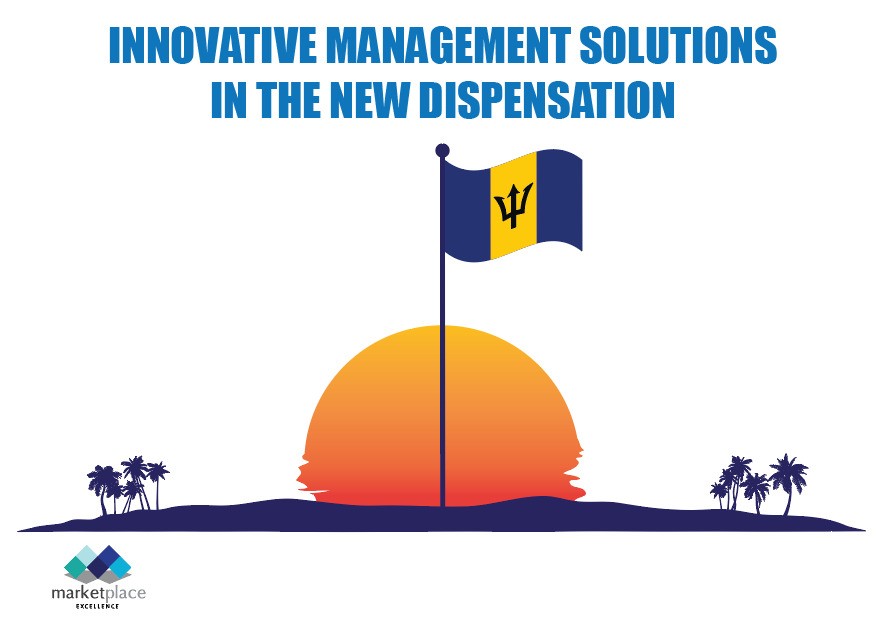“Train up a child in the way he should go, and when he is old he should not depart from it.” – Proverbs 22:6
The Prime Ministers of Singapore and Barbados, two leaders of small but relatively successful island states, have recently voiced concerns over significant shifts in global trade protocols. Though nuanced on the surface, these changes hint at a brewing global crisis. Such a conflict, if escalated, could trigger a full-blown trade war and potentially a third world war.
The consequences of such a scenario would be catastrophic, particularly for small states. These nations already grapple with limited bargaining power and a heightened vulnerability to external economic shocks. In this emerging dispensation, innovative management solutions are no longer a luxury but a necessity.
Such innovation must take root at every level of society. It must permeate regional and national policies, corporate strategy, civil service operations, trade unions, and personal mindsets. There must be a strategic pivot from dependence on external systems to resilience and from reactive responses to proactive planning.
Tourism, a lifeline for many Caribbean economies, must evolve. The region cannot afford to depend on the US market despite its importance. Cultivating stronger ties with Latin America, Europe, and Asia opens new opportunities. Initiatives such as multi-destination tourism packages and digital nomad programs are just a few examples of how the sector can evolve.
We must also brace for the ripple effects of reduced remittances, a likely consequence of global instability. These inflows support countless households in the region. Governments should proactively implement targeted social safety nets and emphasize local economic development to mitigate the impact of declining remittances.
On the energy front, the time for renewable solutions is now. Harnessing the power of the sun, wind, and ocean is no longer only a matter of environmental consciousness. It is a matter of energy independence and economic survival. Paired with this is a return to the wisdom of “eat what you grow and grow what you eat.” Empowering our farmers, incentivizing local consumption, and reducing our reliance on imported goods can bolster food security across the Caribbean.
This new era also demands moral rearmament. Integrity, decency, fairness, and respect for all must guide us. Public-private partnerships, regional collaboration, and international ties should be driven by equity and shared benefit principles. The timeless Rotary Four-Way Test remains a guide for evaluating our actions. Are they truthful, fair, goodwill-generating, and beneficial to all?
Sustainable efforts must match increased productivity and efficiency across sectors. Practices like composting, reducing waste, reusing materials, and recycling must become second nature. Investments in mass transit systems will reduce carbon footprints and improve urban living environments.
We cannot ignore the scourge of gun violence plaguing communities. Taking a firm stance on eliminating illegal firearms and tackling the root causes of crime is essential for stability in this new dispensation.
Survival in this era depends on transformation. We can no longer afford to face today’s challenges with yesterday’s tools. Let us step forward with innovative minds, compassionate hearts, and collaborative spirits. While the future is uncertain, with the right solutions, it can be brighter than we dare to imagine.

(Dr. Basil Springer GCM is a corporate governance adviser. His email address is basilgf@marketplaceexcellence.com. His columns may be found at https://www.nothingbeatsbusiness.com.)
